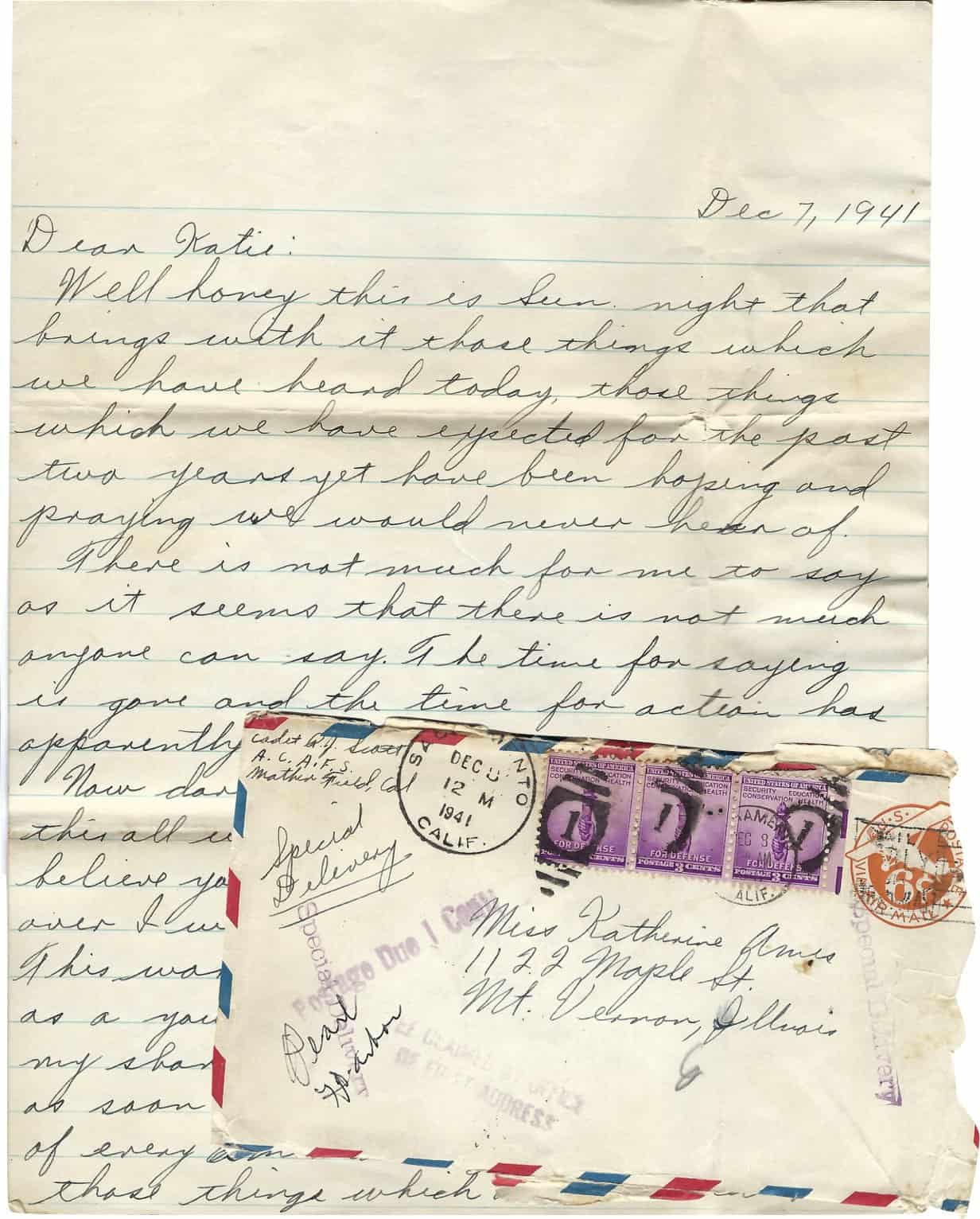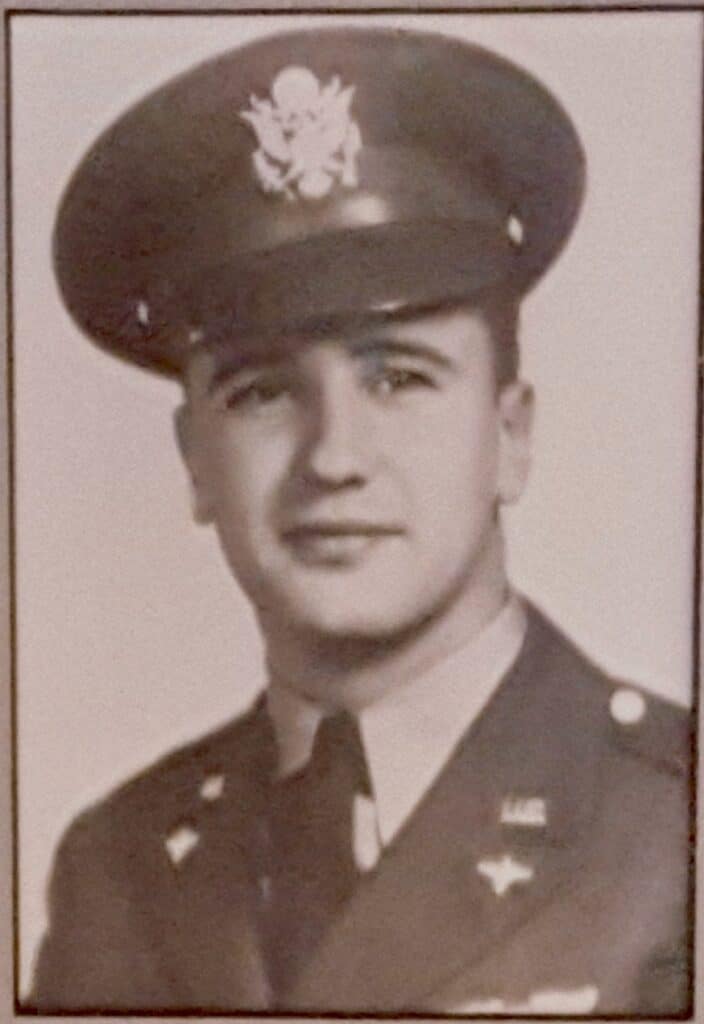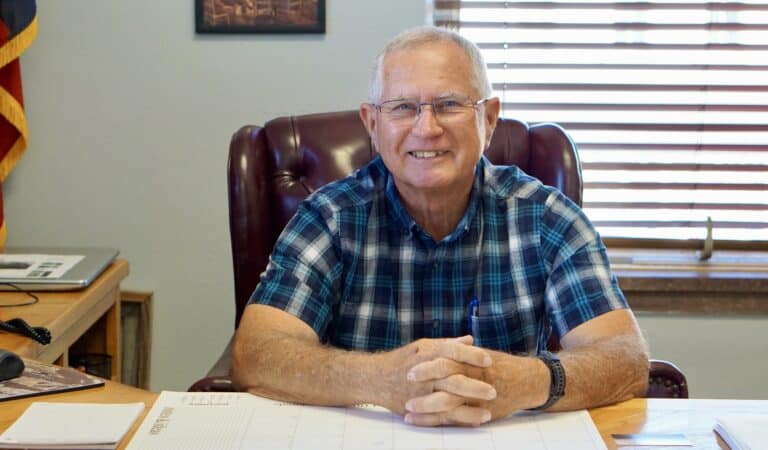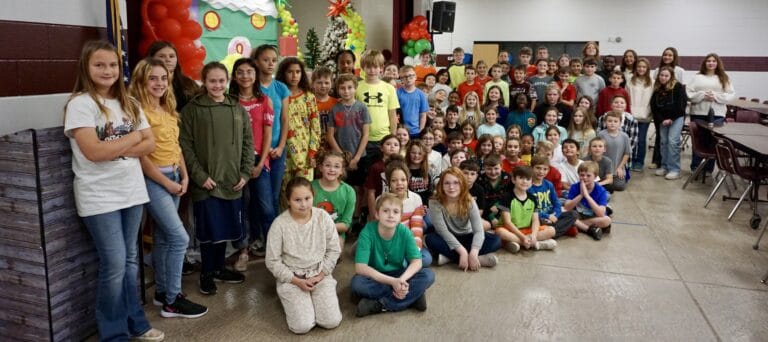Letter Written on Pearl Harbor Day Shows Greatest Generation’s Human Side

By Greg Ritchie
Messenger Reporter
CROCKETT – When Kimberly Ham’s grandmother passed away ten years ago, she and other family came together to help organize her things. Her grandmother, Katherine Scott was 96 years old.
Ham helped getting her grandmother’s things into boxes when she noticed something she had never heard about growing up.
“I saw some letters at the head of her bed,” Ham explained. “I found them and I said, ‘I am taking these!’ My cousins didn’t want them and told me to burn them.”
Ham went through the letters and found a piece of history most families lost or threw away over the years.
A collection of around 60 letters – written from her grandfather Russell Scott to Ham’s grandmother – spanning the entire conflict of World War II.
Ham was determined to hold on to this piece of her family’s history – even though much of that history had already been lost.
“I knew he was an Army Air Force pilot – my grandmother threw away all of his bomber jackets, jumpsuits, flight suits – I couldn’t believe it,” Ham said.
Scott was training in California when the news came about a Japanese attack on Pearl Harbor. Ham shared the letter he sat down a wrote that night to his girlfriend – Ham’s grandmother.

In spite of being a young airman, Scott took a mature view of the day’s events. He was angry, but determined. Most Americans realized the war in Europe and Asia would reach our shores one way or the other.
“There is not much for me to say…the time for saying is gone and the time for action apparently has come,” Scott wrote. “I would go through hell’s fire before I would ever see (Americans) go through what the peoples of Europe are going through because of the madmen in the world today.”
Scott was almost poetic in his words. With the recent anniversary of the 9/11 attacks, Scott’s philosophical demeanor is to be envied – he knows the attack on Pearl Harbor was part of a never-ending cycle of war.
“Why do human beings have to be so absolutely uncivilized as to try and destroy each other?” Scott wrote. “Man somehow seems bound to destroy himself.”
Ham – who lives in Crockett – wants to make sure this collection of letters is archived and preserved for future generations. Asked what she would say to future generations reading this faded newspaper, she said history and family are key.
“Find your history and hold it close,” Ham said. “Because it’s part of who you are. Our past is our future – we can channel in a way – how they did things and how they felt. These letters – you can’t get something like that from a book. They are a living piece of history you can hold in your hand.”
Smith survived the war, but passed away at the young age of 39 – passing from cancer in 1958. Ham never met him, although she has gotten to know him through his correspondence with his then-girlfriend.
This reporter also felt a kinship with Scott. His seven page letter written Dec. 7, 1941 looks as fresh as if written last week. Scott’s clear cursive writing calls to us from history with all of the emotions, doubts and angst we all have now.
Scott told his future wife that America would win the war and he would in fact be home. She treasured those letter for over 70 years – hiding them away even from her family. She no doubt read them in personal moments, remembering the loss of her young husband – and the great love he had for her.
“Now darling I want you to take this all with your chin up because believe you me, when the show is all over I will be right there at your side,” Scott wrote. “Darling, I want you to remember every minute of the night and day that I love you with all my heart and will ever keep you in my thoughts. Let us both pray that the Almighty God will see fit to end this conflict soon.”
Greg Ritchie can be reached at [email protected]




